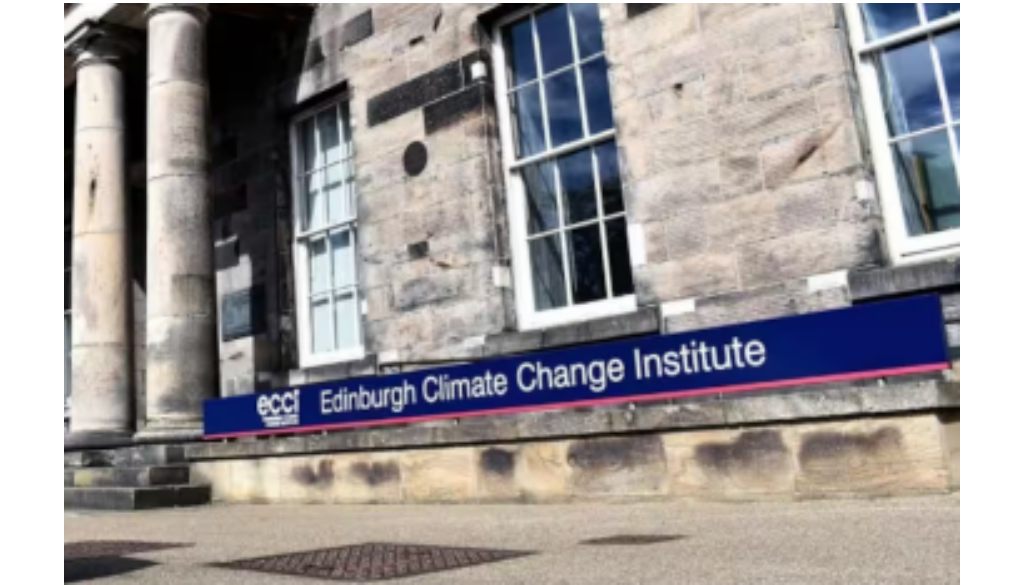London, 30th May 2023: The University of Edinburgh has teamed up with the Indian embassy in the UK to create its first open-access course in Hindi. The government of India and the university’s Edinburgh Climate Change Institute collaborated to create the Climate Solutions course, which was assembled with the aid of translators.
Experts on climate change, including Professor Dave Reay, Executive Director of the Edinburgh Climate Change Institute (ECCI), devised the course.
The five-week course focuses on the many climatic zones found in India as well as how shifting climate zones may affect the nation’s health, agriculture, and economy.
According to a press release from Edinburgh University, Climate Solutions, India (Hindi) examines the science, effects, and solutions of climate change in the nation and is a useful resource for many thousands of Hindi-speaking students and educators throughout India and the rest of the world.
Reay said in a statement, “It has been a wonderful pleasure collaborating on the creation of this new open access climate change course with the India Consulate, with whom we have a fantastic relationship. Thank you so much for helping to bring this significant new course to life. Huge thanks to the online course creation team here at Edinburgh, as well as to the outstanding translation effort undertaken by our friends in the India Consulate.”
According to a university release, the added language makes the course more accessible and represents a significant turning point for the University Institute.
According to Professor Pankaj, the University of Edinburgh’s International Dean for South Asia, “I’m excited that this training is now available in Hindi; congrats to everyone involved. We appreciate the courteous assistance provided by the Indian Consulate General in Edinburgh. The relationship between the Government of India and the University of Edinburgh in this crucial subject of climate change is shown by this.”
The course is also offered in English and Arabic, and additional versions are soon to be introduced in Senegal, Malawi, Ecuador, and Mexico.
